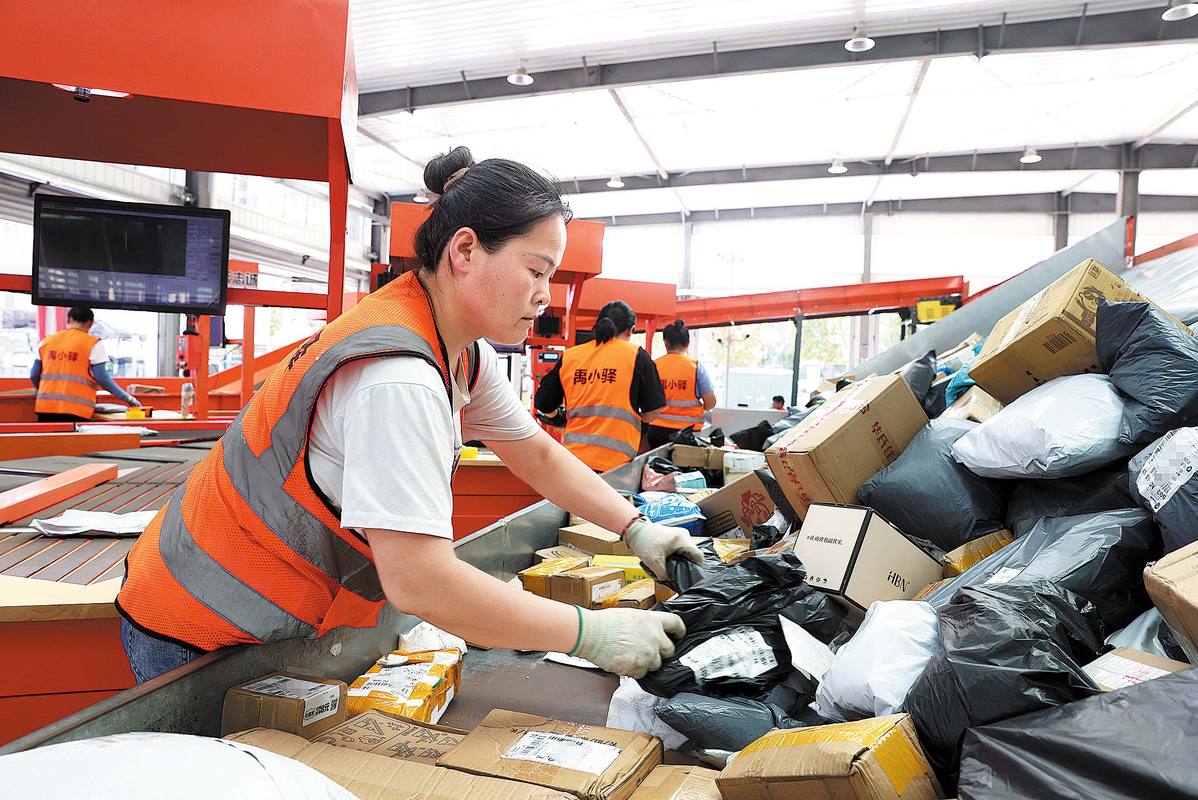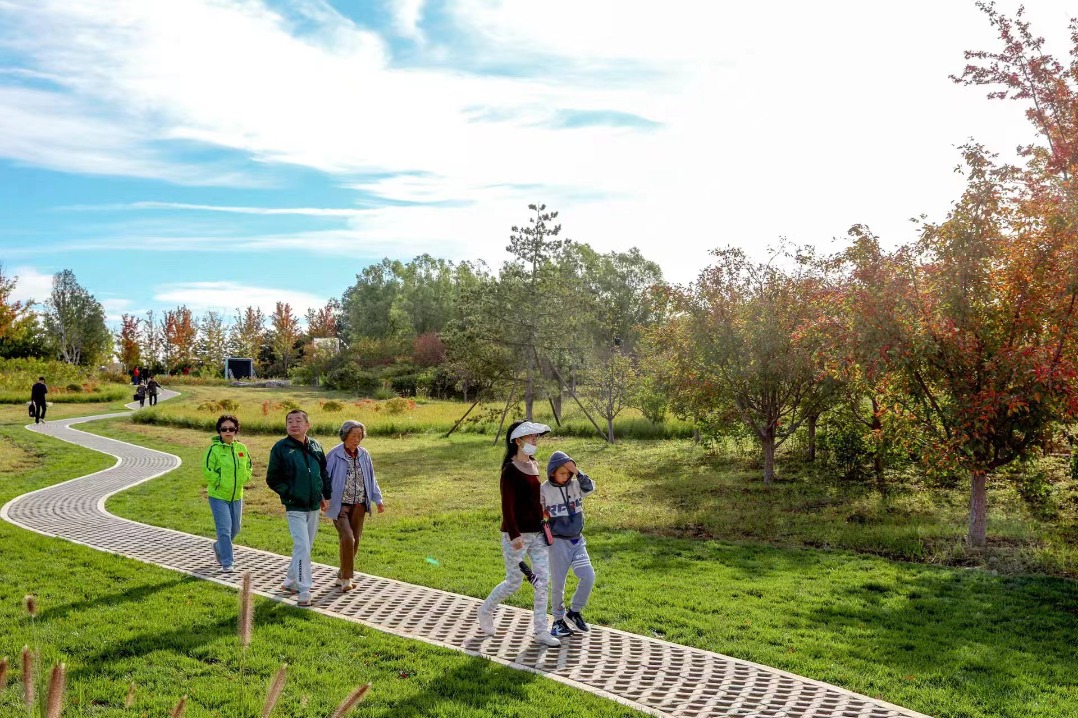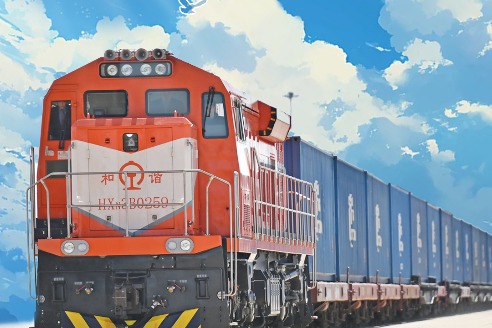Integrated parcel services delivering satisfaction


Transportation of cargo via scheduled buses is driving a breakthrough in rural areas
In Yucheng, a county in the eastern province of Shandong, it is common to see parcels and passengers sharing scheduled buses as they head to towns and villages in rural areas.
Transporting parcels this way is a new measure to solve "the last mile" problem and facilitate the delivery of parcels in rural areas.
It is also an example of the integration of the transportation of passengers, parcels and mail in the countryside.
All villages nationwide now have access to scheduled bus services that serve people's travel needs. However, some villagers still have to travel long distances to collect their parcels.
In Yucheng, though, parcels (aka "special passengers") can be carried on the bus to villages, and the new model has been shown to be efficient and successful.
The county has 45 scheduled buses on 28 routes that carry about 20,000 parcels to towns and villages every day, the Yucheng Transport Commission said.
At about 6 am, trucks carrying parcels from Jinan — which is both the provincial capital and the region's major parcel transfer hub — arrive at the e-commerce express delivery logistics joint distribution center in Yucheng. The center is located at the county's long-distance bus station.
Workers and a sorting machine quickly start working, busily unloading, sorting and reloading parcels. The items are then loaded onto buses to local villages, where they are usually left at a grocery store ready for collection by the residents.
"There is little demand for bus travel among people in rural areas nowadays. When the bus station was opened in 2010, there were about 3,000 to 5,000 passengers every day, but the number gradually declined to about 1,000 in 2016," said Bai Hongbin, deputy director of the Yucheng Transport Development Center.
"After the COVID-19 epidemic, fewer people traveled by bus in rural areas, so the service only has about 100 passengers now."
The station has a large waiting room and a spacious area for buses to park. Before, these areas were dedicated to the passengers' needs, but now, with few passengers or employees, they are empty most of the time.
As such, the waiting room is being renovated and is expected to be turned into a grocery store.
"People in rural areas have more choices for travel now, mostly driving their own cars and also taking trains," said Bai to explain the decline in the number of long-distance passengers.
He added that the operation of buses in rural areas faces great challenges, so the integrated use of transportation of passengers and parcels by bus is a win-win situation.
- Tourism records new highs during holiday
- Chinese premier stresses enhancing consistency of macro policy orientation
- Mainland condemns Taiwan leader's comments on 'motherland' as push for independence
- China Focus: Red Cross Society of China enjoys domestic, global acclaim
- China handles about 6.3b parcels during National Day holiday
- Book of Xi's discourses on water management published





































